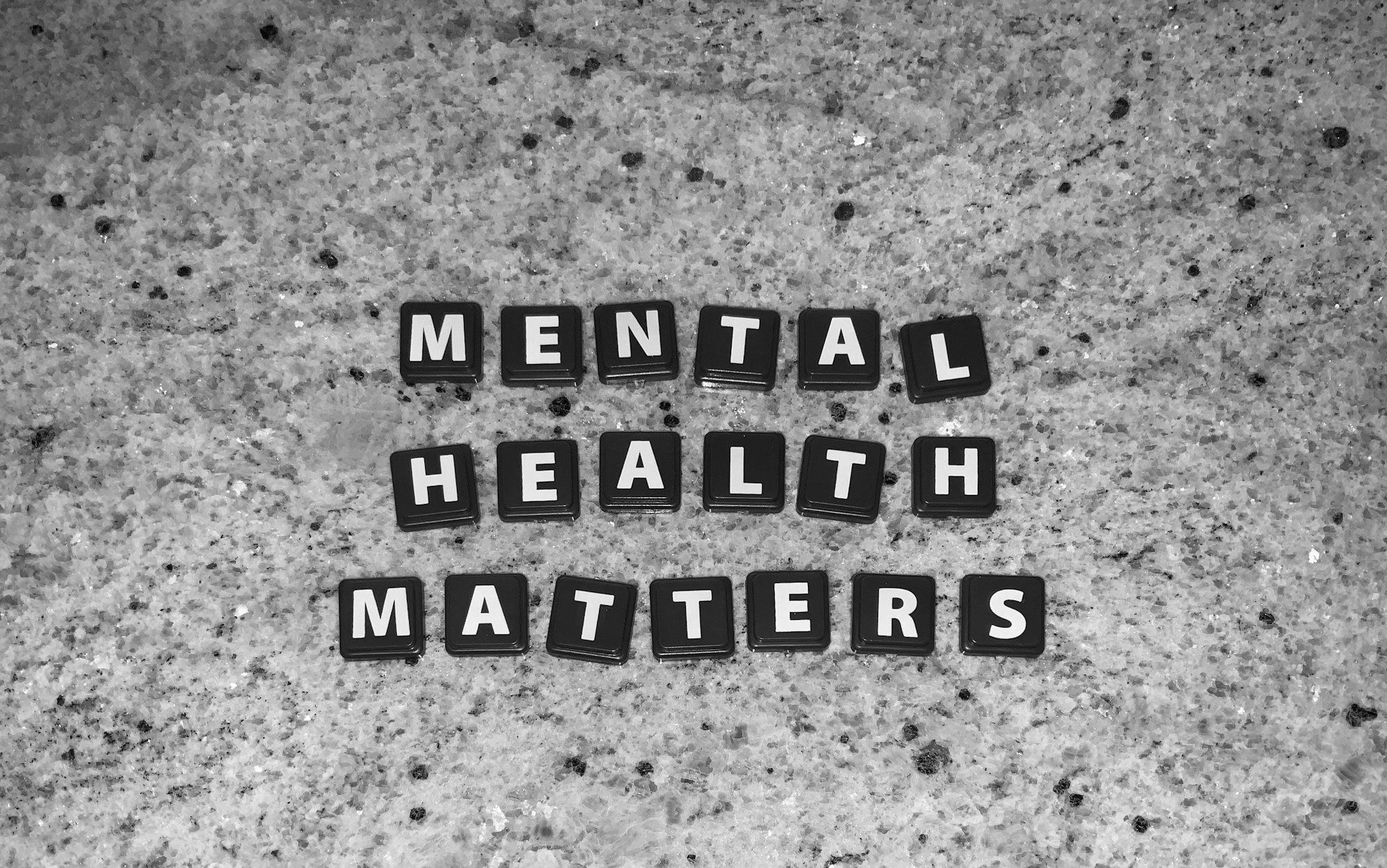Managing a mental illness is a lifelong endeavor. I often tell my client's the goal of mental health treatment isn’t full symptom eradication, but rather symptom management. On one hand, this is relieving as it releases the narrative that in order to heal we must be symptom free. On the other hand, it can be daunting and inspire fear as we come to grips with the action steps needed to keep our mental illness in check.
The truth of the matter is that symptoms will ebb and flow throughout our lifetime as we go through changes, experience stress, or fall back on our self-care routine. This is normal. It does not mean that you haven’t healed or aren’t in recovery. The most important thing that we can do during these moments is be equipped with the knowledge needed to ensure we don’t end up in a full blown mental health relapse which may require hospitalization.
Warning Signs
So how do we move into prevention? The first thing you want to do is become acquainted with your warning signs. This requires a bit of prep and exploration into past mental health episodes, and factors that increased your symptoms at the time. Asking yourself questions about when episodes began, thoughts that surrounded action taking and slight changes in behavior is a great starting point to developing a relapse prevention plan. Warning signs can look like:
Poor Sleep: Abrupt changes in sleep schedule can not only trigger mental health symptoms, but are a warning sign that our mental illness is worsening. Chronic insomnia or oversleeping are key factors in depression, while staying awake for days at a time may nod towards a Bipolar episode. Paying attention to your sleep hygiene and how it has shifted will aid you in spotting a mental health relapse.
Interpersonal Conflict: If we suddenly find ourselves surrounded by conflict, it’s a good indicator that our moods have begun to shift. Symptoms such as irritability and paranoia easily dysregulate our relationships with others, and can be key indicators that our symptoms are beginning to worsen.
Substance Use: Increased use of substances is a warning sign that we are attempting to self-soothe symptoms that have begun to feel too heavy to carry. Substance use and mental illness go hand in hand as a form of self-medication, so if you’ve noticed a tendency to move quicker towards substances in the past during times of stress, it’s important to note these urges and cravings in the future.
Acute Stressors: Become acquainted with the factors in your life that cause acute stress and develop a mitigation plan. This may look like charged relationships, overwhelm at work, or certain household responsibilities. Chronic stress is a driving force behind mental health symptoms, and will affect your physical health as well.
Major Life Changes: It’s perfectly normal to have reactions to life-changing events such as having a child, losing a loved one, or starting a new job. But remember, even good change is still change. Think back to if a major life change spurred a mental health episode in the past, and arm yourself to take extra coping measures when these changes are approaching.
Stopping your medication: For those of us that take psychotropic medication to manage a mental health disorder, stopping your medication is one of the number one warning signs that we are headed towards a relapse. Typically, those taking medication may begin to believe they don’t need medication anymore because they feel so well, without making the correlation that the medication is the reason for this. If you’d like to make a change or stop your medication, always consult your prescriber before stopping abruptly.
Take Action
The second step in a relapse prevention plan is going to be identifying the ways in which we cope when we start to see our symptoms increasing. Training yourself to not only spot warning signs, but take action is a journey each person with mental health must become familiar with. Actions can look like:
- Calling a loved one in your support system
- Practicing self-care routines
- Attending events to become more connected to your community
- Talking with mental health professionals such as therapists and psychiatrists
- Using distraction techniques such as watching TV
- Prioritizing your responsibilities in order to give yourself more free time
- Utilizing peer support groups
- Getting extra sleep
Managing a mental health disorder isn’t your choice, but it is your responsibility. I like to tell clients that having a mental illness enables a secret superpower, as it provides a context for empathy and understanding that neurotypical people aren’t privy to. Building a relapse prevention plan will help you hone this ability, and take care of yourself in the process. Use this knowledge to prepare yourself for action steps when symptoms flare.
Alexa Cordry, LSW, LCADC
You can follow more of Alexa's insight on Instagram @yoursadtherapist
My Help Connect is a verified, independent & factual community for providers & clients created to easily find the best help possible. Connect with My Help Connect's message through multiple platforms:
Instagram: @myhelpconnect
Facebook: My Help Connect
LinkedIn: Company Page & Member Page

